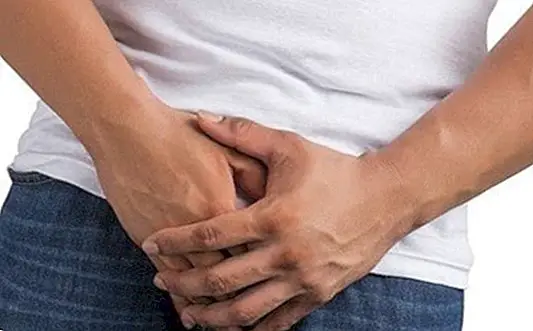Adverse reactions to a drug: symptoms and what to do
The medicines or drugs They are useful for medical treatment or for the prevention of many diseases and conditions. But sometimes their administration and consumption can cause certain health problems. It is what is known as Adverse drug reactions (RAM), which consist of according to the World Health Organization in any unintentional harmful reaction that appears at doses normally used in humans for prophylaxis, diagnosis or treatment or to modify physiological functions.
While, in Spain, the regulation that regulates pharmacovigilance defines the adverse reaction to a drug such as the harmful clinical consequences derived from dependence, abuse and misuse of medications, including those caused by use outside of authorized conditions and those caused by medication errors.

That is to say, is any response to a drug or drug that is harmful and unintentional when it is consumed at normal doses, not being understood as an adverse reaction when high doses of a drug are ingested (for example before a suicide attempt) or by mistake (for example, when an elderly person is forgotten). This adverse reaction is also considered in relation to substances or products used in complementary medical examinations, or in case of administration of vaccines.
Do not confuse the adverse reaction to a medication with its side effects or side effects. For example, when we take an antihistamine medication to prevent dizziness, it is common for drowsiness to appear (a side effect), while diarrhea is a common side effect after oral administration of an antibiotic.
The truth is that anyone can suffer an adverse reaction to a medication. Even more so if that medicine is taken together with another drug.
The symptoms of adverse reactions to a drug
There are a series of Common symptoms that appear after an adverse reaction to a medication, that arise and that ultimately tend to be visible both to you and to the medical specialist who can observe you. The following symptoms are common:
- Skin problems: rash, generalized redness, eczema and exfoliative dermatitis. Bruising easily.
- Digestive problems: diarrhea or constipation, nausea and vomiting.
- Difficulty breathing normally.
- Sensation of weakness and sweating.
- Ulcers, bleeding and anemia.
- Loss of appetite
- Confusion.

Other related clinical symptoms may also appear, but only the medical specialist may notice when carrying out a medical check-up and analysis: changes may occur in the results of certain laboratory tests, and the existence of an abnormal heartbeat.
What should I do if I have an adverse reaction to a medication?
It is very important to go to your doctor and stop taking the medication if it is recommended by you. Remember that you should never stop taking the drug on your own. When it is suspected that the adverse reaction is severe, it is necessary to go immediately to the emergency department, and indicate at all times which drug or medication has caused this reaction.
In these cases, your doctor may advise you to stop taking the medication so that the adverse reaction disappears, or to administer another medication in order to treat the reaction. This article is published for informational purposes only. It can not and should not replace the consultation with a Physician. We advise you to consult your Trusted Doctor.



